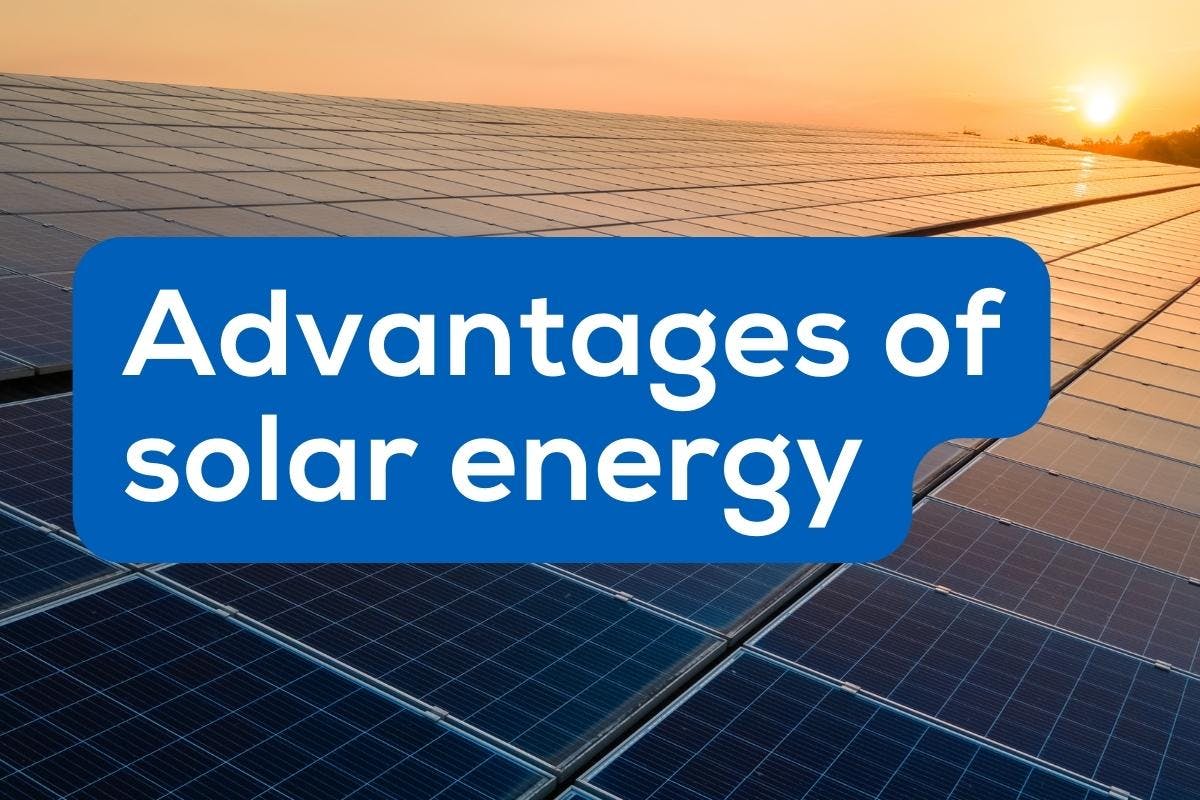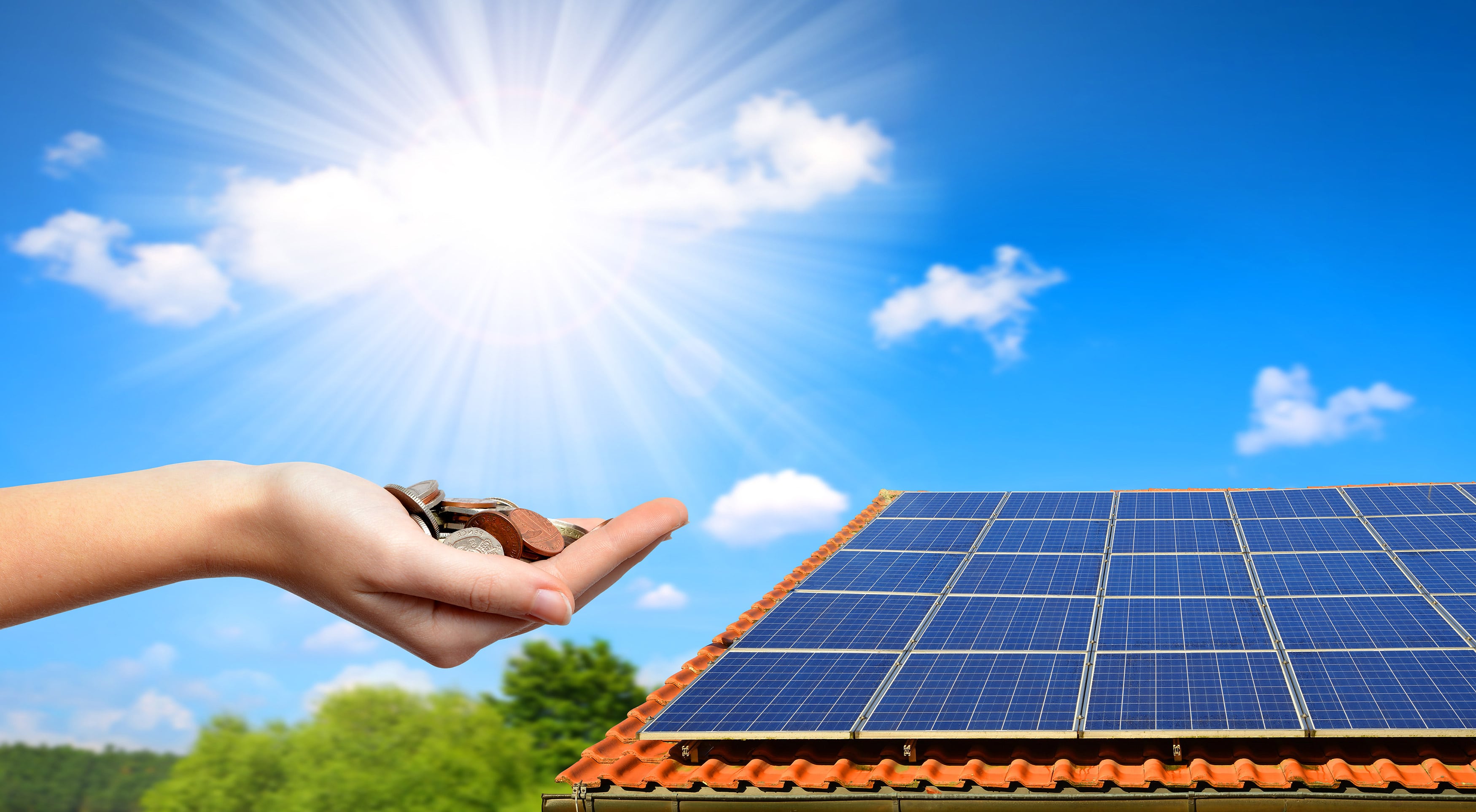Solar Energy 101: A Beginner's Overview to Sustainable Power Solutions
As the world significantly changes in the direction of sustainable power options, comprehending the fundamentals of solar power ends up being essential for both people and services. This overview provides a comprehensive overview of solar energy, detailing the different systems available and the devices behind their operation. By discovering the advantages of solar technology, together with the economic motivations and installation processes, one can obtain a clearer perspective on exactly how to properly integrate this sustainable source into their power technique. Nonetheless, the journey towards adopting solar power invites additional examination of the difficulties and factors to consider that include it.
Recognizing Solar Power
At its core, understanding solar power includes realizing the fundamental principles of how sunlight can be converted right into functional power. Solar power is originated from the sunlight's radiation, which can be utilized through various innovations. The main system for this conversion is the photovoltaic effect. This phenomenon occurs when sunshine strikes semiconductor products, generally silicon-based, within solar cells. The energy from the sunshine delights electrons in the semiconductor, permitting them to stream easily and produce direct present (DC) electrical power.

Comprehending solar power additionally entails identifying its ecological advantages. By making use of sunshine, we can reduce greenhouse gas exhausts and lower air contamination, adding to an extra lasting future. The improvements in modern technology and effectiveness of planetary systems remain to improve their feasibility, making solar power a progressively appealing choice for global energy demands.
Sorts Of Solar Energy Equipments
Various kinds of solar power systems are generally employed to harness solar power for electricity generation. The main categories consist of photovoltaic or pv (PV) systems, concentrating solar power (CSP) systems, and solar thermal systems.
Photovoltaic or pv systems use photovoltaic panels made up of silicon cells that transform sunlight straight right into electricity. These systems are functional and can be installed on rooftops, ground places, or integrated right into structure products.
Concentrating Solar energy systems, on the various other hand, use mirrors or lenses to concentrate sunshine onto a tiny area, creating warm that drives a heavy steam turbine to create electrical energy - Simply Solar Illinois. CSP systems are generally released in large nuclear power plant and require direct sunlight, making them much less ideal for over cast regions

Each kind of solar power system has its distinct attributes, applications, and suitability relying on geographic area, energy needs, and budget plan, making it crucial to assess choices based on certain circumstances. - Simply Solar Illinois

Benefits of Solar Power
Harnessing solar power via various systems not just offers a lasting means to create electricity yet likewise offers a wide range of benefits. One of one of the most considerable advantages is the decrease in greenhouse gas emissions, adding to a cleaner environment and combating environment adjustment. Solar power is sustainable, indicating it is limitless and offered as long as the sun radiates, unlike nonrenewable fuel sources, which are limited and diminishing.
Additionally, solar power can cause substantial expense savings gradually. Home owners and companies can decrease their electricity costs significantly, and oftentimes, they might earn credit histories for excess energy generated through web metering. Furthermore, the solar industry creates jobs, from manufacturing to installment, promoting regional economic situations.
An additional compelling advantage is energy independence. By generating their own electricity, individuals and neighborhoods can minimize dependence on exterior energy resources, boosting strength versus rising and fall energy prices and supply disturbances. Furthermore, solar power systems need marginal maintenance, making them a convenient alternative for sustainable energy generation.
Installation Refine Introduction
The installation procedure for solar power systems generally entails a number of crucial actions that make sure reliable integration into a residential or try this website commercial property. Originally, a detailed website analysis is carried out to review the roof's alignment, shielding, and structural honesty, which are essential to enhancing photovoltaic panel performance. Following this analysis, the design phase begins, where a customized solar energy system is configured based on the house owner's power demands and preferences.
When the design is finalized, the necessary permits and authorizations are acquired from local authorities, guaranteeing compliance with policies. The actual installation involves installing the photovoltaic panels on the roof or ground, connecting them to an inverter, and integrating the system with the home's electrical setup. This phase may also include installing battery storage systems, depending on the style.
After installation, a detailed evaluation is carried out to confirm the system's functionality and safety. The system is appointed, and house owners are informed on its operation and maintenance. With the installation full, the solar power system can begin producing renewable resource, contributing to sustainability and reducing utility prices. This organized technique guarantees that solar systems are both efficient and reputable, optimizing their long-lasting advantages.
Financial Motivations and Financial Savings
Checking out the economic incentives and financial savings associated with solar energy systems can substantially boost the appeal of making the button to sustainable energy. One of the most remarkable incentives is the federal solar tax credit scores, which allows home owners to subtract a portion of their solar system setup prices from their federal tax obligations.
Along with tax obligation credit histories, numerous states use discounts that can better lower ahead of time costs. Some energy firms also provide performance-based motivations, satisfying solar power manufacturing in time. Financing alternatives, such as solar finances and leases, enable consumers to install systems with little to no deposit, making solar energy a lot more accessible.

Long-lasting savings are an additional critical aspect. By generating their very own electrical energy, homeowners can considerably reduce and even eliminate their month-to-month energy costs. Furthermore, solar systems can enhance building values, supplying a solid return on investment. Overall, the combination of motivations and savings makes solar power an economically eye-catching choice for lots of families.
Verdict
In verdict, solar power stands for an essential component of sustainable energy options, supplying a path toward decreased carbon impacts and boosted ecological defense. Ultimately, the check here shift to solar power not only fosters environmental responsibility yet likewise promotes economic savings and check that energy self-reliance.